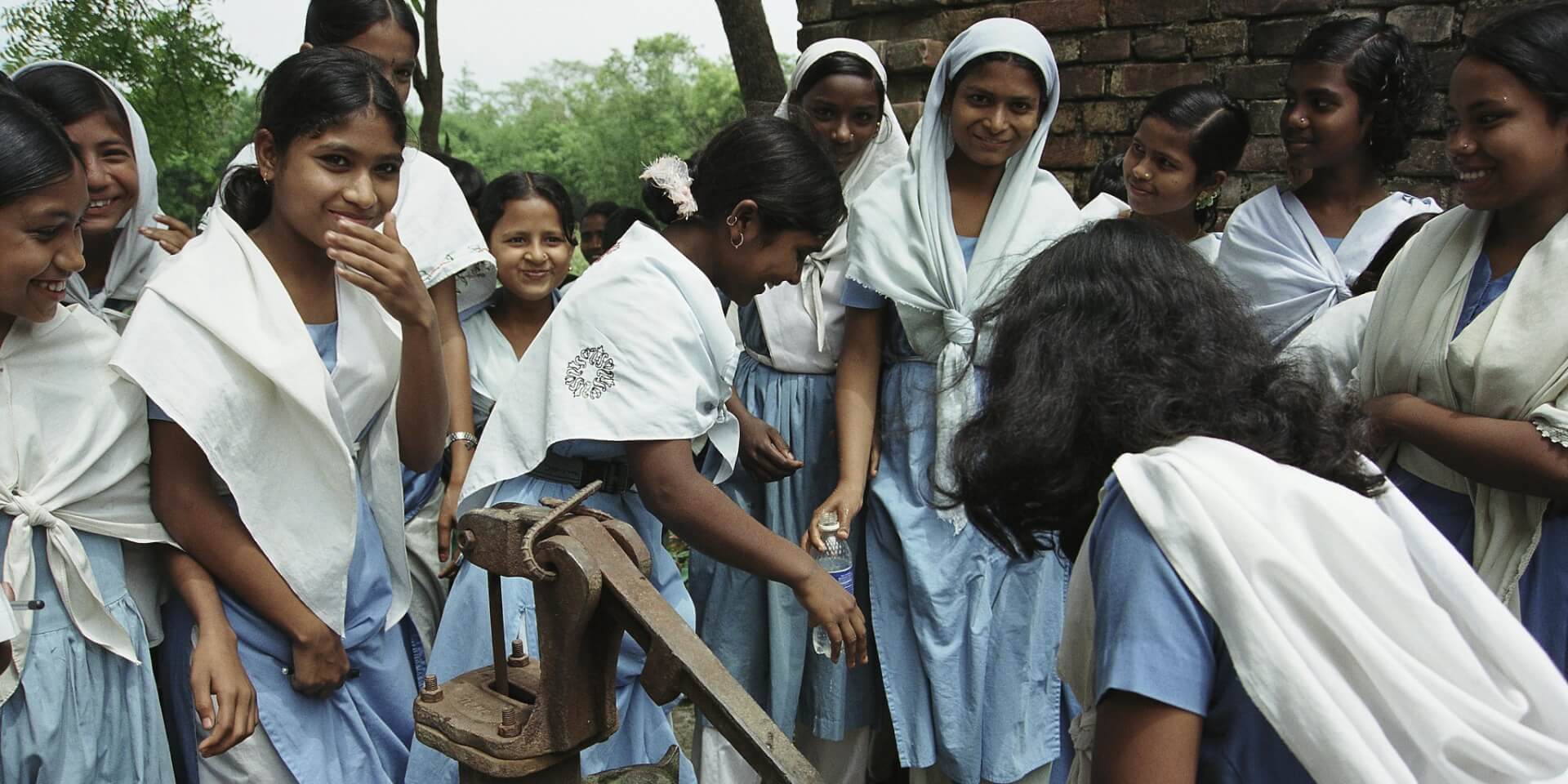
This blog is part of the ISC UN 2023 Water Conference Blog Series.
The International Science Council (ISC) is participating in the upcoming 2023 UN Water Conference, co-hosted by Tajikistan and the Netherlands. The conference, set to take place from March 22nd to March 24th at UN Headquarters in New York, will focus on the critical role of water for sustainable development. With 46 years since the last Water Conference, this is the occasion to get the world back on track for achieving SDG 6 and ensuring access to water and sanitation for all by 2030. More than 6,600 representatives from civil society and other stakeholder organizations are registered to attend.
Strong engagement and global representation from the scientific community will be crucial for a successful conference and follow-up actions. As such, the ISC is pleased to announce it enabled the registration of more than 40 delegates, from its Members, Affiliated Bodies and partners, as well as individual scientists requiring accreditation.
The Conference will provide a platform for policy-makers, scientists, and stakeholders to come together and address pressing water-related issues. In this context, the ISC will provide evidence-based and politically independent scientific guidance, fuelled by its diverse and global membership of natural and social scientists.
The International Science Council at the United Nations’ 2023 Water Conference
Find out how the ISC is involved and have a look at our programme for the conference.
Policy Brief: UN 2023 Water Conference
International Science Council, 2023. UN 2023 Water Conference: ISC Policy Brief. Paris, International Science Council.
Within the framework of the Conference, the ISC is releasing a policy brief providing actionable and science-based solutions for policy- and decision-makers to address different types of water-related challenges. Drawing from the extensive knowledge of its transdisciplinary and diverse Expert Group on Water, the ISC divided water issues and associated solutions into four categories: persistent with known solutions, identical requiring differentiated solutions, rapidly changing requiring new solutions, and future issues.
For example, the first category, “persistent issue with known solutions,” includes the massive water loss from pressured urban systems, while category 3 considers new solutions, such as reusing treated wastewater in this instance.
The goal of the brief is to engage policy- and decision-makers and stakeholders to translate scientific insights into tangible improvements and support for the Sustainable Development Goals (SDGs) related to water and the 2030 Agenda.
Beyond participating in a number of partner-led events, the ISC is organizing an online side event on 23rd March, jointly with the World Federation of Engineering Organizations (WFEO). The event, entitled “The Role of the Science and Technology (S&T) Community on the Pillars for Accelerating Progress and Transformative Actions on SDG 6”, will showcase the latest scientific knowledge, key initiatives, and innovations of the science and technology community within the five water pillars highlighted during the Conference (financing, data and information, capacity development, innovation, and governance) that will lead to accelerated and transformative action on SDG 6.
WFEO – ISC Side-Event at UN 2023 Water Conference
“The Role of the Science and Technology (S&T) Community on the Pillars for Accelerating Progress and Transformative Actions on SDG 6” | 23 March, 07:00 UTC – 08:00 CET